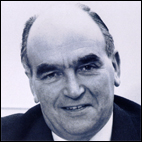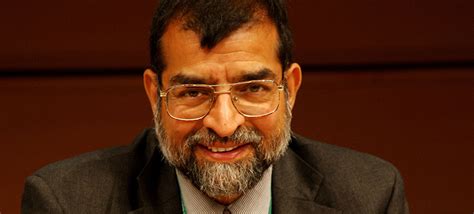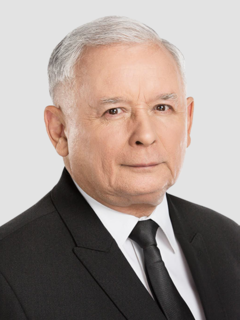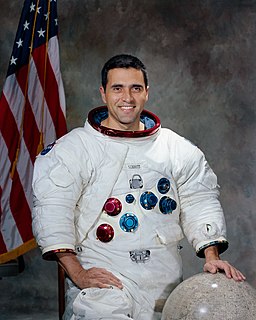A Quote by Sabina Murray
In this cultural moment, many of us are feeling inadequate to solve societal problems - fascism, racism, misogyny, homophobia, anti-Semitism, the list goes on - and are unsure of how individuals can affect real change. We don't know what effect we will have on the current political climate as we strive to effect change. All large historical decision draw from a sea of smaller decisions. One never knows what will make the difference in the long run.
Quote Topics
Affect
Anti
Anti-Semitism
Change
Climate
Cultural
Current
Decision
Decisions
Difference
Draw
Effect
Fascism
Feeling
Goes
Goes On
Historical
Homophobia
How
Inadequate
Individuals
Know
Knows
Large
List
Long
Long Run
Make
Many
Misogyny
Moment
Never
Political
Political Climate
Problems
Racism
Real
Real Change
Run
Sea
Smaller
Societal
Solve
Strive
Unsure
Us
Will
Related Quotes
Millennial voters are very concerned about climate change and will vote for candidates who are planning to address it. But the systems that are in place - people talk about gerrymandering and the money that's in politics, this is a real thing, a real effect - and it's hard for climate change-denying legislators to get voted out. But I predict it will happen.
For the master’s tools will never dismantle the master’s house. They may allow us to temporarily beat him at his own game, but they will never enable us to bring about genuine change. Racism and homophobia are real conditions of all our lives in this place and time. I urge each one of us here to reach down into that deep place of knowledge inside herself and touch that terror and loathing of any difference that lives here. See whose face it wears. Then the personal as the political can begin to illuminate all our choices.
Considering that future generations will be far better off than current generations even after accounting for climate change, it would be more equitable for today's industrialized world to help solve the real problems facing today's poorer developing world than to mitigate climate change now to help reduce the burden on future populations that would not only be wealthier but also technologically superior.
Many people say, "Well, I'd love to make a decision like that, but I'm not sure how I could change my life." They're paralyzed by the fear that they don't know exactly how to turn their dreams into reality. And as a result, they never make the decisions that could make their lives into the masterpieces they deserve to be. I'm here to tell you that it's not important initially to know how you're going to create a result. What's important is to decide you will find a way, no matter what.







































